Ivory Coast is one of the world's largest mango exporters, and it's precisely there that Frutas Fajardo has launched operations this year. "The Ivory Coast campaign is short, but very intense, and we have been marketing mangoes for about three weeks now," says José Antonio Fajardo. "We have been working with fruit from this origin for some years, but now we have the opportunity to start exporting directly, controlling the production from field to final sale."

"We are working with associated producers, including the country's largest producer of organic mangoes, and the goal is to set up a subsidiary of Frutas Fajardo next year in Ivory Coast with the idea of working from the source not only with mangoes, but also with other exotics grown there, such as pineapples, nuts or cocoa; the country is, in fact, the world's largest producer of cocoa."
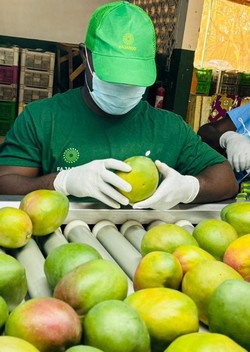 "Despite being in Africa and sounding like a distant origin, Ivory Coast is actually much closer to Spain, and to Europe in general, than Brazil, which is the origin of a lot of the mangoes imported into the European market. Moreover, Brazil's production has the disadvantage of being highly influenced by the weather; and that's something we have now been able to see. The market has not had any mangoes of any quality coming from Brazil for a few months because of the constant rains, and customers have been out of stock until the arrival of the African mango," says José Antonio.
"Despite being in Africa and sounding like a distant origin, Ivory Coast is actually much closer to Spain, and to Europe in general, than Brazil, which is the origin of a lot of the mangoes imported into the European market. Moreover, Brazil's production has the disadvantage of being highly influenced by the weather; and that's something we have now been able to see. The market has not had any mangoes of any quality coming from Brazil for a few months because of the constant rains, and customers have been out of stock until the arrival of the African mango," says José Antonio.
"Another advantage that the country offers is having export varieties. Practically 95% of the fruit that is exported is of the Kent variety, and the rest is Keitt. They also cultivate a variety that ripens green, the Amelie mango, which is used to make dried mango. The country is a powerhouse in its production, and for us, this mango represents an interesting opportunity for diversification."
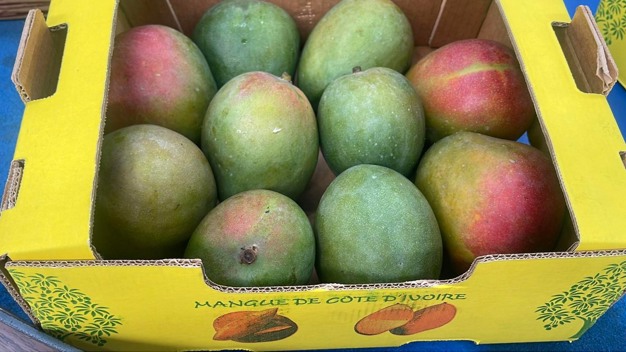
"It is also worth noting that the production in Ivory Coast is both conventional and organic. There is a lot of organic production in the country because the weather is not as rainy as in Brazil, and there are not as many diseases affecting mango cultivation, so hardly any treatments are needed. As a result, the production is much more environmentally-friendly."
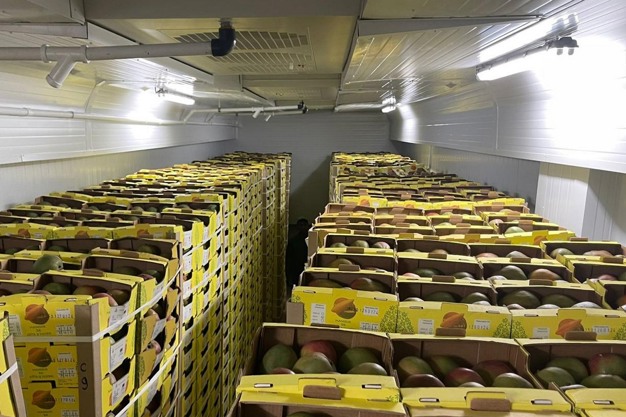
Ivory Coast stands as a strategic origin in the spring import market for Frutas Fajardo, preceding other African mango suppliers, such as Mali or Senegal, before the Spanish campaign begins in August. "Fortunately, our prospects are better this year after the problems we had last campaign. If the conditions in summer are good, without major heat waves, and we manage to obtain the production we expect, we will have one million kilos of our own production, plus all the fruit supplied by our associated producers."
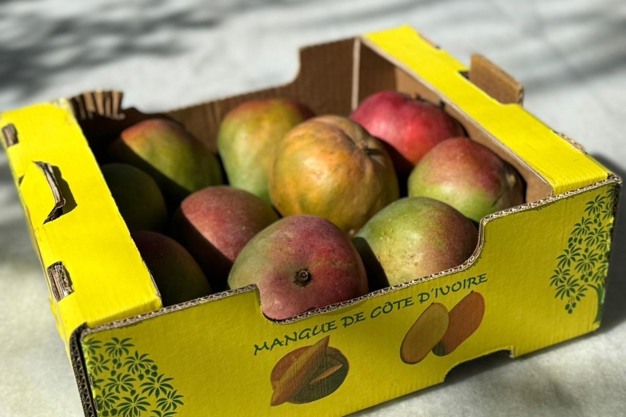
"Thus, with our new operations in Ivory Coast and the expected Spanish campaign, combined with the origins we continue to work with throughout the year, we can ensure a continuous supply of both green and pre-ripened mangoes to any customer, and not just of conventional mangoes, but also organic ones. Frutas Fajardo is, in fact, the largest exporter of organic mangoes in all of Europe."
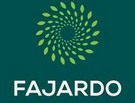 For more information:
For more information:
Frutas Fajardo
Autovía del Mediterráneo A7
Exit 322 Ctra. Lobres-Molvizar Km 2
18611 Molvízar, Granada, Spain
Tel.: +34 958 64 40 92
[email protected]
[email protected]
www.frutasfajardo.com
